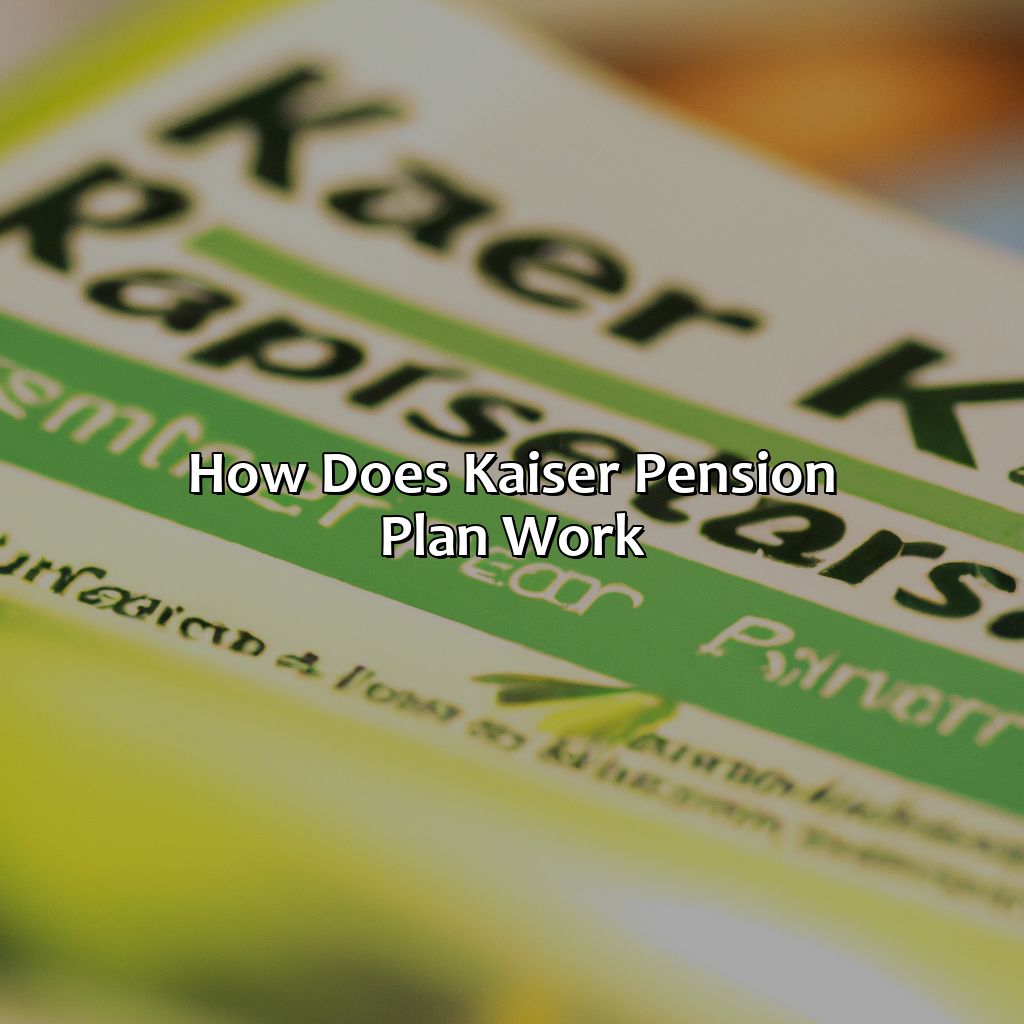How Does Kaiser Pension Plan Work?
Key Takeaway:
- The Kaiser pension plan provides retirement benefits to eligible employees of Kaiser Permanente. The plan is designed to provide financial security and peace of mind in retirement.
- Eligibility for the Kaiser pension plan depends on factors such as job title, hours worked, and length of service. Employees should review the eligibility requirements carefully to determine if they are eligible for the plan.
- The Kaiser pension plan offers different types of benefits and payouts, including lifetime annuity payments and lump-sum cash distributions. Employees should carefully consider their options when choosing a payout method.
- Enrollment in the Kaiser pension plan and contribution amounts are determined by the employee’s job title and collective bargaining agreement. Employees should consult with their HR representative to determine their contribution amount and enrollment options.
- Vesting and distribution rules for the Kaiser pension plan vary depending on factors such as length of service and age at retirement. Employees should review these rules carefully to determine when and how they are eligible to receive pension benefits.
- The Kaiser pension plan has tax implications for both employees and employers. Employees should consult with a tax professional to understand their tax obligations related to the plan.
- Frequently asked questions about the Kaiser pension plan can be found on the Kaiser Permanente website or by contacting HR representatives. Employees should familiarize themselves with these questions and answers to understand the plan more fully.
Have you been wondering how the Kaiser Pension Plan works? You are not alone, as many people have the same concerns. This article will explore the ins and outs of the Kaiser Pension Plan, and provide insight to help you make an informed decision.
Overview of the Kaiser pension plan
The Kaiser pension plan is a retirement savings program offered by Kaiser Permanente. It provides employees with a platform to save for their future after retirement. The program is offered in multiple variations, such as a defined benefit plan, a defined contribution plan, or a combination of both. The program provides flexibility to the employees with contribution rates, vesting schedules, and investment options. The Kaiser pension plan is a crucial benefit for the employees, allowing them to save and plan for their retirements.
Participating in the Kaiser pension plan offers employees a range of benefits, including tax-deferred savings and potential growth through employee contribution and employer matching. The defined benefit plan provides employees with a guaranteed income after retirement based on their years of service and salary history. The defined contribution plan allows employees to contribute a set percentage of their salaries, which can be matched by employers up to a certain percentage. The combination plan is a mix of both of these plans, providing employees with the best of both worlds.
One unique aspect of the Kaiser pension plan is that it offers an option for employees who have worked for the company for a minimum of ten years to retain their right to health benefits after retirement. This feature provides a safety net for employees who retire before they are eligible for Medicare.
If you are interested in learning more about pension plans, you may also want to explore how Travelers pension plan works.
To get the most out of the Kaiser pension plan, it is recommended that employees regularly contribute to their account and take full advantage of the employer matching program. It is also advised that employees regularly review their investment options to ensure they align with their retirement goals. If you are curious about how other pension plans work, you can check out the Merck pension plan and learn more.
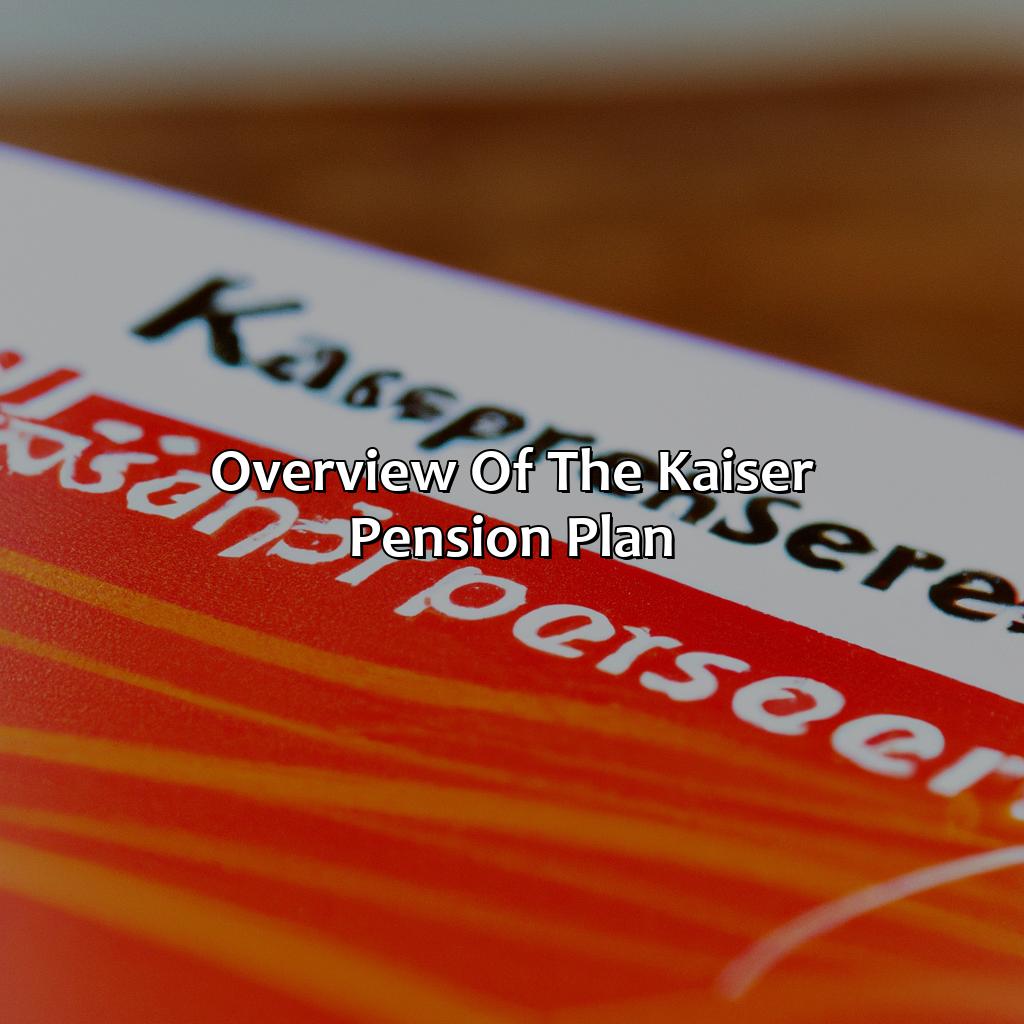
Image credits: retiregenz.com by Joel Arnold
Eligibility requirements for the plan
To qualify for the Kaiser pension plan, it is important to meet the plan’s eligibility criteria. You must have completed the prescribed vesting period, which varies by plan type and employer.
To join the plan, you must submit an enrollment application and complete any required forms, such as a beneficiary designation. You must also meet any age or service requirements applicable to your plan.
Looking for information on how the Liberty Mutual Pension Plan works? Find out more here.
It is important to note that the eligibility requirements may differ depending on the specific plan. For instance, some plans may require a minimum number of hours worked or a minimum age to be eligible. Additionally, some plans may offer alternative retirement plans if the employee doesn’t meet the eligibility requirements. If you are curious about how pension plans work in general, you can check out resources like the Fedex pension plan to learn more.
Pro Tip: It is important to keep track of your pension plan’s eligibility criteria and to monitor any changes to the rules and requirements. This information can help ensure that you are taking full advantage of your benefits and planning for a financially secure retirement.
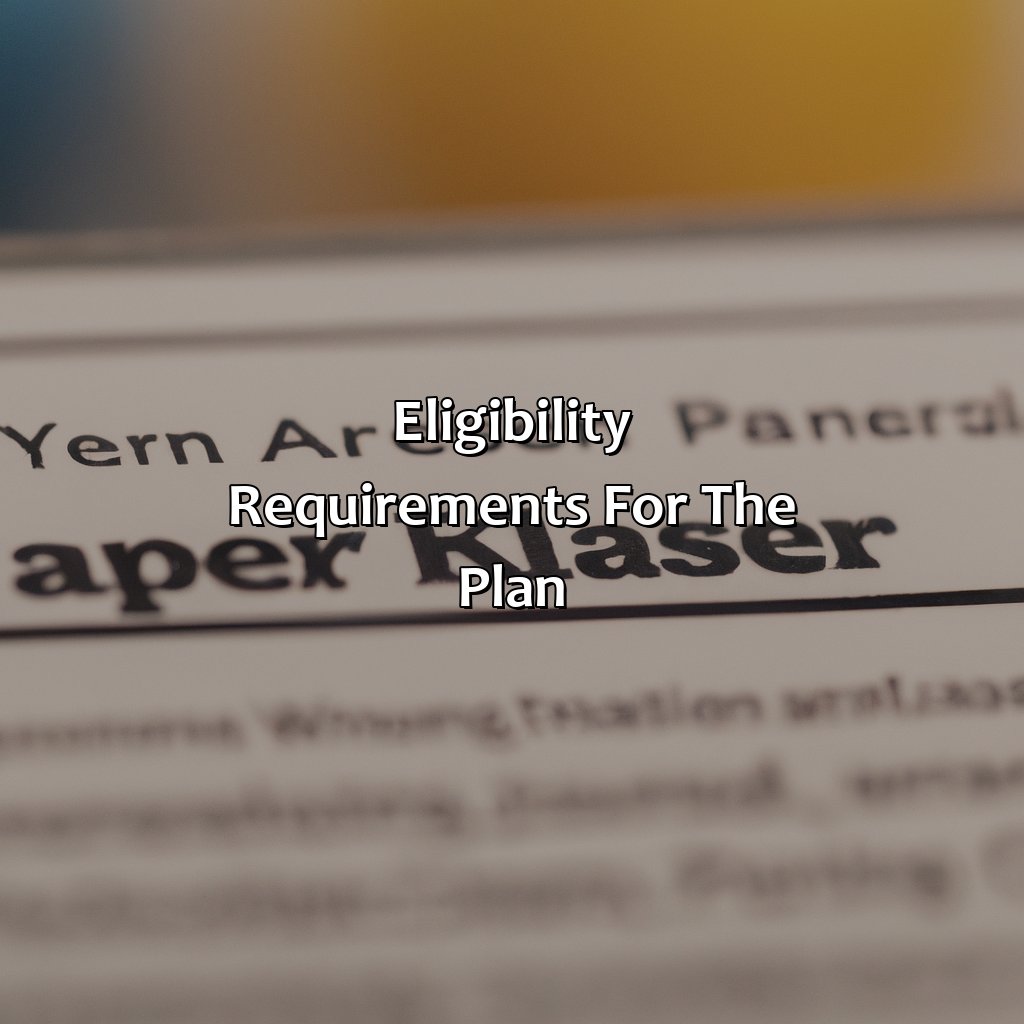
Image credits: retiregenz.com by David Arnold
Types of benefits and payouts available
Types of Benefits and Payouts Available:
How do pension plans work? Kaiser Pension Plan offers various benefits and payouts for its employees. Here are some of the benefits:
- Retirement Benefits: Kaiser Pension Plan provides retirement benefits to its employees upon their retirement. These benefits are based on the employee’s years of service and the average of their highest-paid period of service.
- Disability Benefits: In case an employee becomes disabled, they are eligible for disability benefits. These benefits are based on their years of service and their average salary.
- Survivor Benefits: If an employee passes away, their surviving spouse or dependent children are eligible for survivor benefits. These benefits are based on the employee’s years of service and their average salary.
- Healthcare Benefits: Along with other benefits, Kaiser Pension Plan also provides healthcare benefits to their employees.
Kaiser Pension Plan offers many unique benefits, such as the option to receive pension payments as a lump sum. This option can be helpful for employees who want to pay off their debts or invest in a business venture.
In the past, Kaiser Pension Plan faced criticism for changing their pension plan, resulting in employees losing their benefits. However, the company made amends by offering new benefits and payouts to eligible employees.
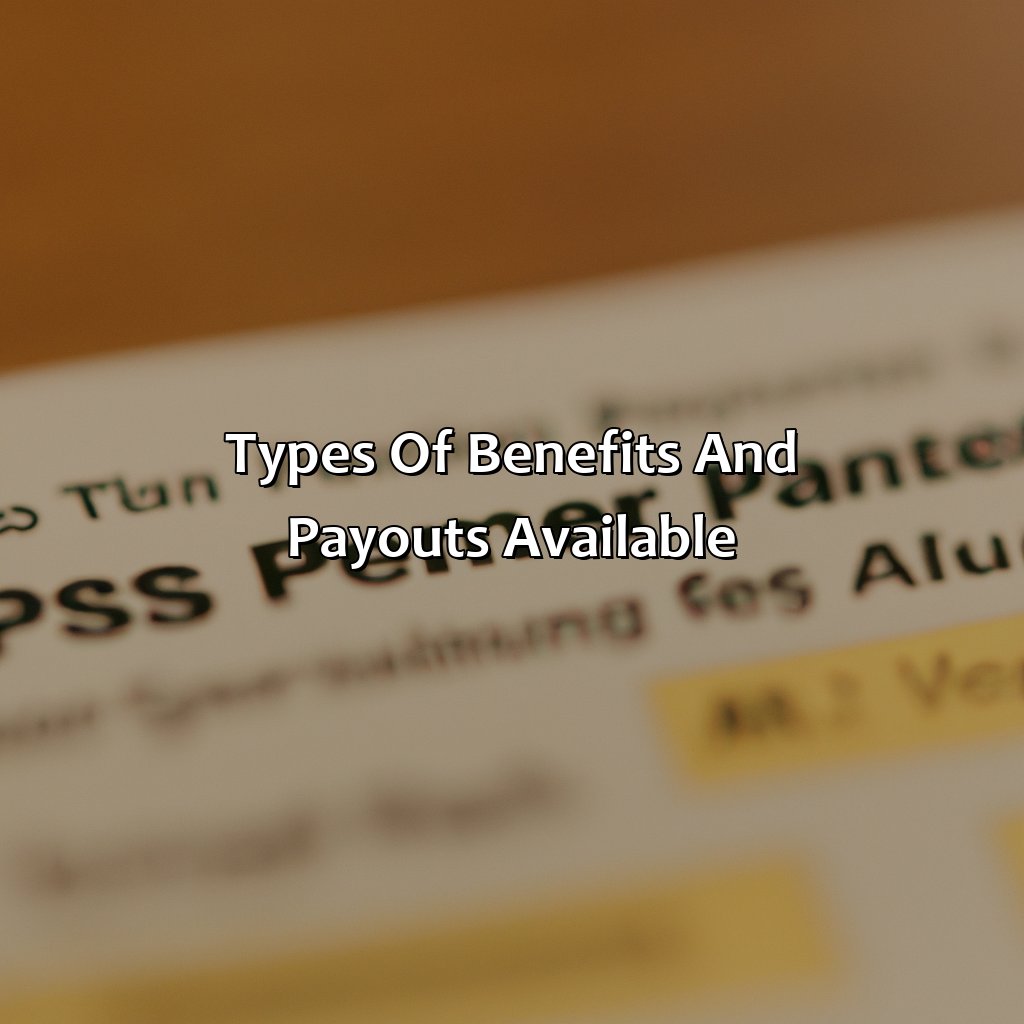
Image credits: retiregenz.com by James Washington
How to enroll in the plan and contribute
Enrolling in and Contributing to the Kaiser Pension Plan
To participate in the Kaiser Pension Plan, you need to enroll and contribute. Here’s how:
- Contact your human resources department to confirm eligibility and enroll in the Kaiser Pension Plan.
- Choose how much you want to contribute from your paycheck each pay period.
- Decide on your investment options.
- Set up your beneficiary designation in case you pass away before receiving pension benefits.
- Monitor your account and make changes as needed.
- Plan for retirement and allocate your funds accordingly.
Additionally, you can also take advantage of the employer match and catch-up contributions if you are age 50 or older.
Pro Tip: Start contributing early and regularly to maximize your retirement savings in the Kaiser Pension Plan.

Image credits: retiregenz.com by James Woodhock
Vesting and distribution rules
Kaiser offers an appealing pension plan, but how does its vesting and distribution rules work? The vesting period for Kaiser pension is 5 years, meaning you must work for at least 5 years before you are fully vested. After the 5-year vesting period, your pension becomes fully vested, and Kaiser’s contributions become yours. The distribution of payments depends on the option chosen and the terms of the plan. A table below summarizes the Kaiser pension plan vesting and distribution rules.
| Vesting Years | Percentage Vested |
|---|---|
| Less than 2 | 0% |
| 2 | 20% |
| 3 | 40% |
| 4 | 60% |
| 5 | 80% |
| 6+ | 100% |
Kaiser offers different pension options, such as single-life annuity or joint-and-survivor annuity. The single-life annuity option will pay the pensioner for as long as he or she lives. The joint-and-survivor annuity will provide payments for the rest of the pensioner’s life, but also provide a survivor benefit to a designated spouse after death.
It’s worth noting that Kaiser’s pension plan is subject to change, as it is dependent on many factors, such as the collective bargaining agreement with employee unions.
According to a report by Forbes, Kaiser is one of the top employers in the healthcare industry, offering excellent benefits to its employees.
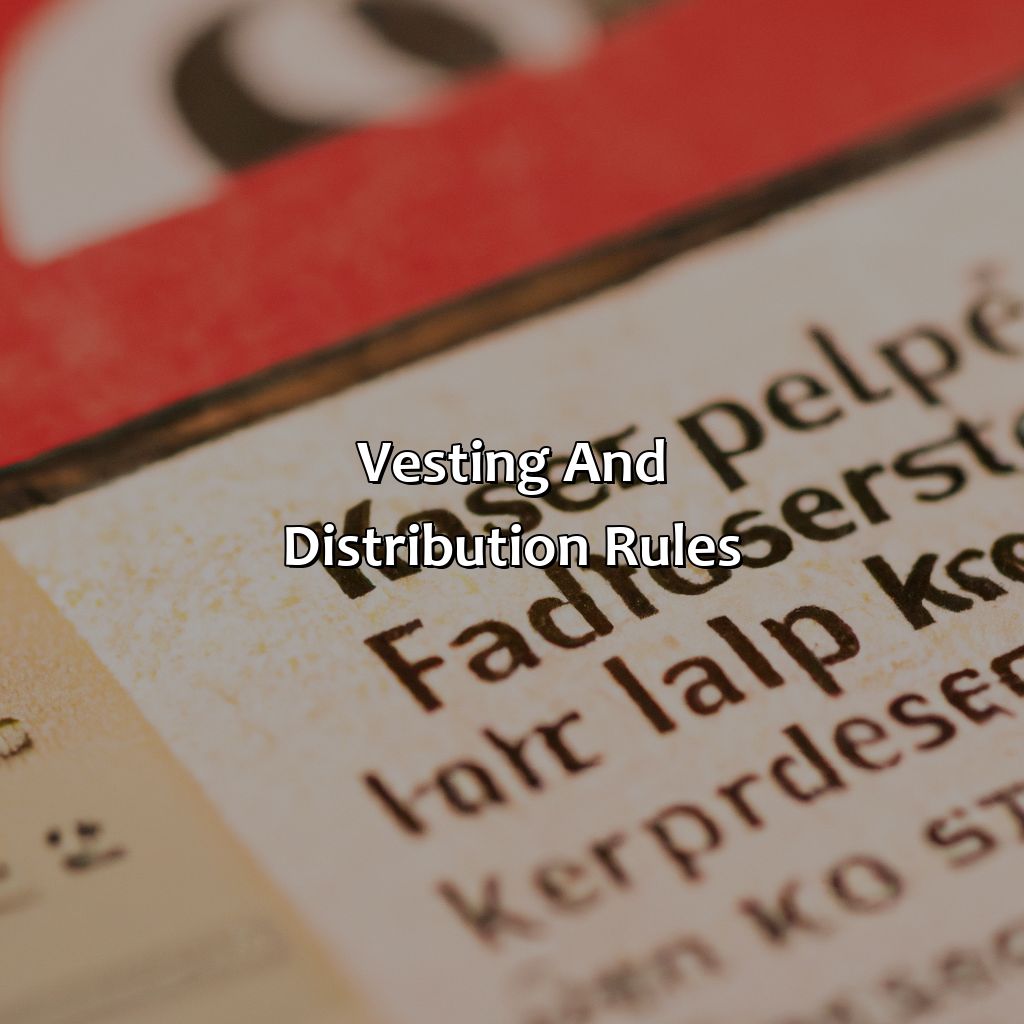
Image credits: retiregenz.com by James Duncun
Tax implications of the plan
Aspects to Consider Regarding Taxation of Kaiser Pension Plan
After contributing to Kaiser Pension plan, it is important to be aware of the tax implications of the plan. The tax liabilities on the pension depend on several factors, including the type of contribution, length of service, and the current taxation laws in effect. Learn about defined contribution pension plan here.
Kaiser Pension plan has both after-tax and pre-tax contributions. Taxes get deducted from the pre-tax funds during retirement when the funds get withdrawn. Conversely, after-tax funds do not incur tax responsibilities, neither during the contribution period nor retirement. To learn more about how pension plans work, you can check out this Sers Pension guide.
It is worth noting that several offsetting adjustments occur with the benefits received. The Social Security taxation rules, as well as any other public retirement assistance programs, may significantly reduce the amount you obtain from the Kaiser Pension plan.
To maximize benefits and reduce taxation liabilities, it is essential to confirm your eligibility for Catch-Up contributions if you are over 50 years old or you have worked for the company for over 15 years.
To make the most out of the Kaiser Pension plan, it is imperative to acquire comprehensive knowledge regarding the tax implications. Failing to do so may lead to missing out on several advantages that the plan offers.
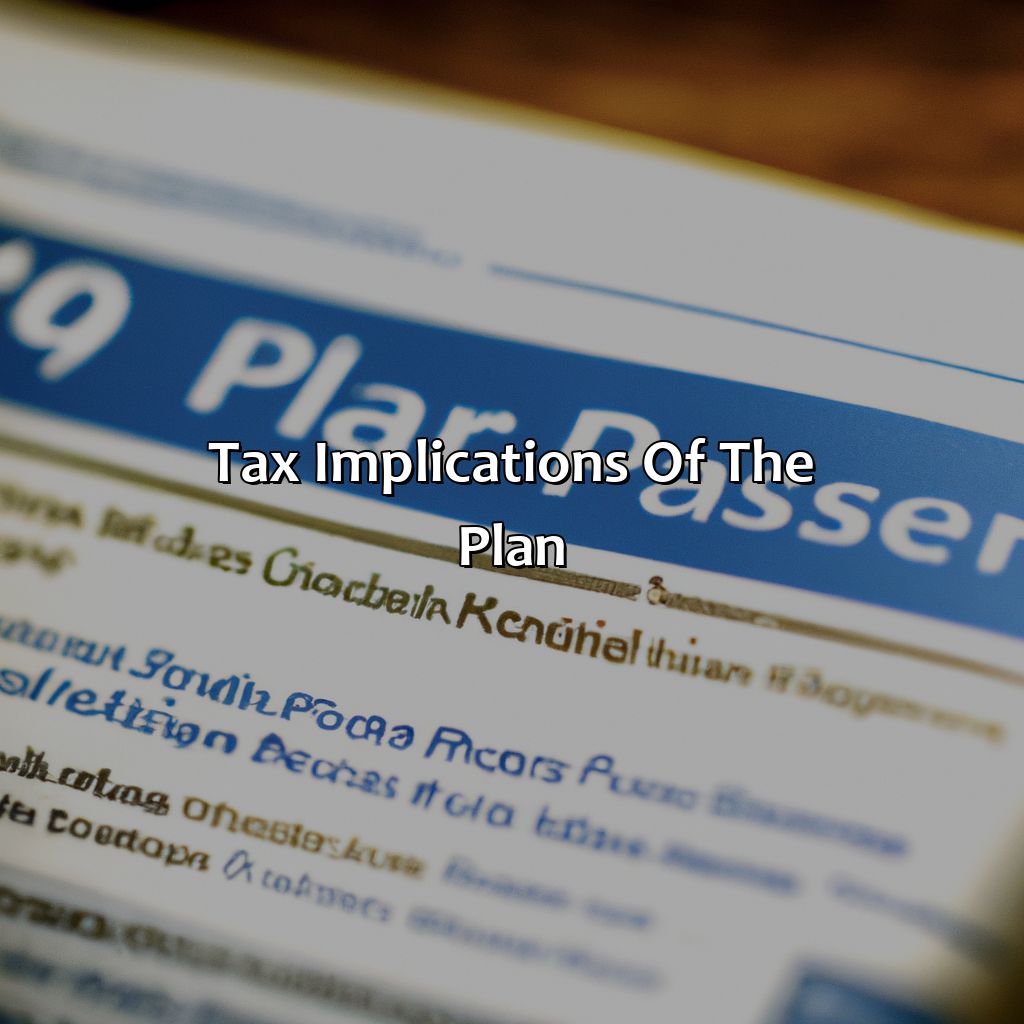
Image credits: retiregenz.com by Harry Jones
Frequently asked questions about the Kaiser pension plan
Frequently Asked Inquiries about Kaiser Pension Scheme
The Kaiser pension plan is a benefit retirement plan that offers a lifetime pension to eligible employees. Here are some frequently asked questions about the Kaiser pension plan:
- How does the Kaiser pension plan work?
- What are the eligibility requirements for the Kaiser pension plan?
- How much will I receive from the Kaiser Pension plan?
- Can I access my Kaiser pension plan if I leave my job?
To be eligible for the Kaiser pension plan, an employee must have worked for a certain period of time and have attained a certain age. The amount you will receive from the Kaiser pension plan is based on your years of service and your final average pay. If you leave your job before retirement age, you may still be eligible to receive a pension. Learn more about how the EY pension plan works.
Our employee Sarah had been working for Kaiser for over a decade and was looking forward to retiring and enjoying the benefits of her Kaiser pension plan. She was able to plan adequately for her retirement and was relieved to know that she had a reliable source of income to cover her living expenses.

Image credits: retiregenz.com by Harry Jones
Five Facts About How Does Kaiser Pension Plan Work:
- ✅ Kaiser pension plan is a defined benefit retirement plan. (Source: Kaiser Permanente)
- ✅ Employees earn benefits based on a formula using years of service, age, and final compensation. (Source: Kaiser Permanente)
- ✅ Kaiser pension plan provides retirement income for eligible employees and their beneficiaries. (Source: Kaiser Permanente)
- ✅ The plan is fully funded by Kaiser Permanente and is not funded by employee contributions. (Source: Kaiser Permanente)
- ✅ To be eligible, employees must have completed a certain number of years of service and meet age requirements. (Source: Kaiser Permanente)
FAQs about How Does Kaiser Pension Plan Work?
How does the Kaiser pension plan work?
The Kaiser pension plan is a defined benefit plan that provides retirement benefits to eligible employees. The amount of the benefit is based on a formula that takes into account your years of service and your salary history.
What is the eligibility criteria for the Kaiser pension plan?
To be eligible for the Kaiser pension plan, you must be a regular full-time employee with at least five years of service. You must also be at least 21 years of age.
How is the pension benefit calculated under the Kaiser pension plan?
The pension benefit is calculated using a formula that takes into account your years of service and your salary history. The formula is based on a percentage of your average monthly salary during your highest paid consecutive 36 months of employment.
When can I start receiving my pension benefits under the Kaiser pension plan?
You can start receiving your pension benefits once you reach age 65 or once you have completed at least five years of service with Kaiser, regardless of your age.
What happens if I leave Kaiser before I am eligible for pension benefits?
If you leave Kaiser before you are eligible for pension benefits, you may be eligible for a vested pension benefit. This means that you will be entitled to receive a portion of your pension benefit at retirement age, even if you are no longer employed by Kaiser.
Can I make contributions to the Kaiser pension plan?
No, the Kaiser pension plan is a defined benefit plan, which means that the employer is solely responsible for funding the plan. Employees do not make contributions to the plan.
